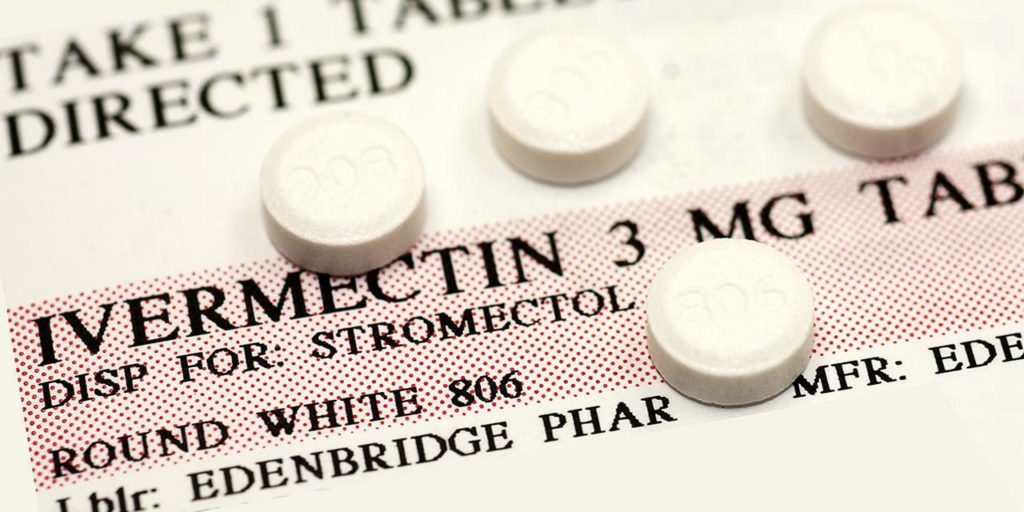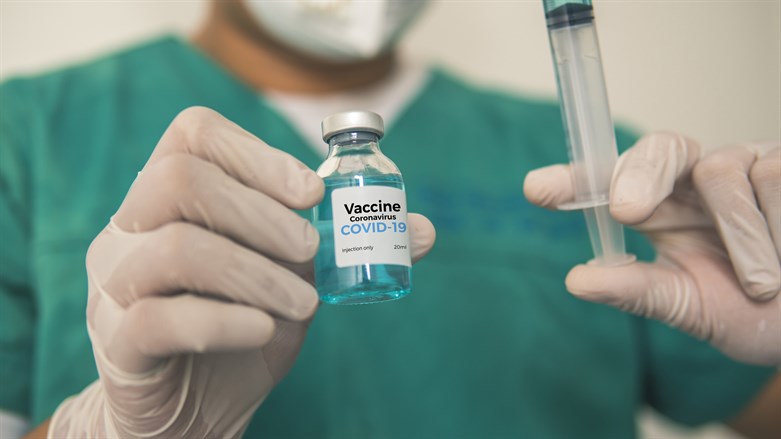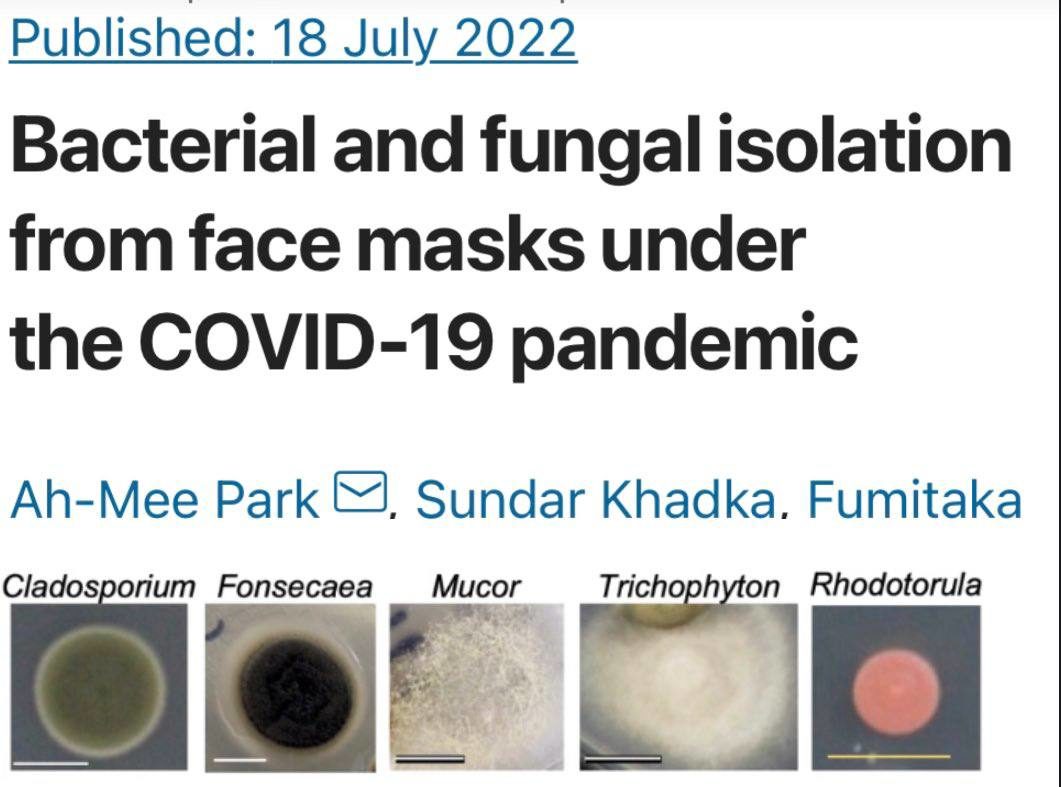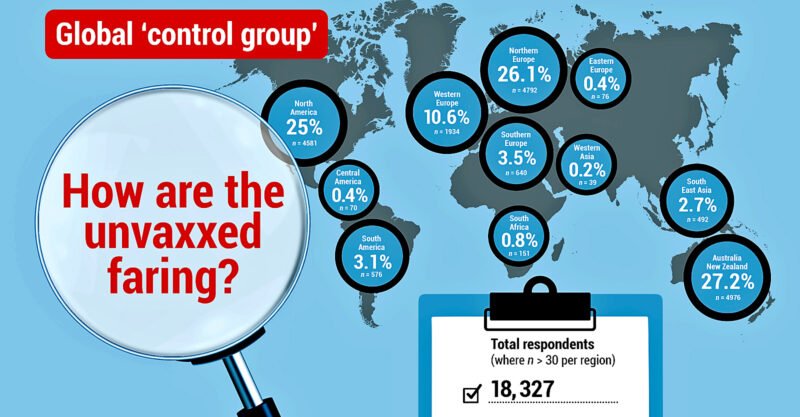Effective treatment for COVID-19 has been right under our noses.
The evidence that ivermectin prevents morbidity and mortality from Covid-19 is so compelling, that further placebo-controlled clinical trials of ivermectin (versus no ivermectin) for treatment of covid-19 are unethical, according to Dr Tess Lawrie of the independent Evidence-based Medicine Consultancy Limited in Bath. This view was shared by many of the 20 experts and stakeholders attending the British Ivermectin Recommendation Development (BIRD) meeting which took place Wednesday, the 13th of January.
Ivermectin is an anti-parasitic medication widely used in low- and middle-income countries to treat parasitic worm infections in adults and children. It’s been used for decades for this purpose by over 3.7 billion people, and is considered extremely safe and effective. It has an increasing list of indications due to its antiviral and anti-inflammatory properties, and is included on the WHO’s Model List of Essential Medicines. The BIRD meeting was convened by Dr. Tess Lawrie in order to present the findings from her rapid systematic review and meta-analysis of studies on the use of ivermectin to prevent and treat COVID-19. Dr. Lawrie presented evidence in the form of a DECIDE evidence-to-decision framework, a format used by the World Health Organization for the development of guidelines and recommendations in medical practice.
INTERVIEW WITH DR TESS LAWRIE
Twenty experts from around the world and the UK attended the meeting, including 13 clinicians, and seven representatives from the public. The evidence from six randomized controlled trials suggests that using ivermectin to prevent or treat COVID-19 reduces deaths by an average of 83% (somewhere between 67% to 92%) compared with no ivermectin treatment. For people being treated for COVID-19 in hospital, the risk of death was 1.3% for people in the ivermectin group compared with 8.3% among those in the control group. The findings were assessed as being of moderate certainty as some of the included studies were at moderate risk of bias. Following Dr. Lawrie’s presentation, participants discussed the findings, and shared their observations and experiences as clinicians on the front line of the battle against COVID-19, in the USA and in the UK. Several of the American clinicians are part of Front Line COVID-19 Critical Care Alliance (FLCCC), which earlier on in the pandemic reviewed the evidence on the effects of ivermectin on SARS-CoV-2 virus and COVID-19 infections. They concluded that the evidence on ivermectin “demonstrates a strong signal of therapeutic efficacy” and recommended that ivermectin is adopted globally and systematically for the prophylaxis and treatment of COVID-19. Given the urgency of the situation, as the daily death toll rises, the question arises: Why is Ivermectin not yet widely prescribed by UK GPs as a preventative measure, and used by hospital clinicians to treat those hospitalized? Compelling evidence exists as shown by Dr Lawrie’s and the FLCCC’s reviews, and clinicians in many countries are using Ivermectin, and have reported on the positive results they’ve observed. To think that with every day that passes the death toll of this pandemic grows, when an effective treatment might have, all along, been right under our noses.
Source: The Evidence-Based Medicine Consultancy Ltd
Sometimes you just have to ask yourself: WHAT ARE THE CHANCES OF THAT ? – #WATCOT #WWG1WGA












